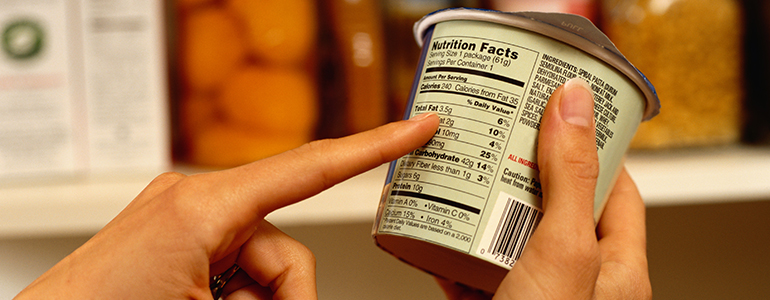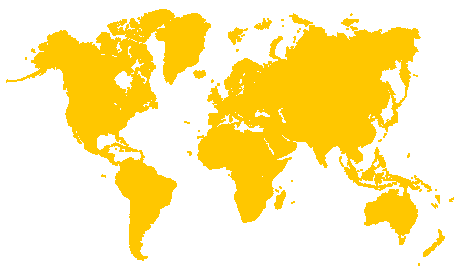Navigating the Food Labelling World

Understanding global and local regulations
05 March 2019
Developing food products to be sold in different countries can be very difficult. Each country has their own rules and regulations regarding food labelling. Even the worldwide basic requirements can vary slightly. An international body known as Codex Alimentarius, has developed general food labelling standards, but they are voluntary and countries apply these standards in different ways based on national requirements and interpretation. Since no universal standard exists, it is necessary for food manufacturers to ensure their labels meet the standards of each individual country in which they are selling their product. So how are global food companies ensuring they comply with all regulations?
Taking a step back, let's discuss why food labels are so important. A food label is the main way that companies communicate with consumers about their food product. Consumers are making their purchasing decisions based on what they see on the label, so brands need to be putting their best foot forward. In addition, governments and regulatory authorities are consistently creating and updating regulations on food label requirements. This means that food manufacturers must not only work to satisfy consumers, but to comply with regulations as well.
This creates a complex environment surrounding food labels. You must take into account the intricacies of each country's regulations. One country may require a different way for listing ingredients, another may have a different calculation of nutrition facts, and yet another may have different regulated allergens. Regulation variations between countries can range from small, simple changes, such as a different date format, to a much larger adaptation, such as translation to another language. Even in unified areas, such as the EU, we can see differences in food label requirements between countries.
Keeping track of all these nuanced differences can seem overwhelming, but the process can be broken down into smaller steps to help you figure out what actions need to be taken to comply with all standards.
- Determine which countries will the product be destined to be sold – This will allow you to narrow the scope of knowledge needed to create your labels.
- Assess if the products can be accepted and sold in the given countries – You will want to be sure that your product can be sold in each planned country.
- Evaluate the regulations of each country – Find out which items are necessary and validate any possible compatibilities between countries.
- Establish if the labels need to be adapted – Once you know what is required in each country and where those regulations overlap, you will be able to determine what adjustments must be made to your labels.
With these steps, you will be able to ensure you are complying with the standards of all countries, while optimizing your label design process. However, the process can still be time-consuming and tedious. With Intertek's Label Validation Services and Food Labelling Solutions, we can take on the heavy lifting and leave you feeling confident with your food labels.
Complying with global food labelling regulations can be a difficult task, but it is crucial for your brand's reputation. Many food recalls are due to labelling errors, so ensuring that labels are correct can save time and financial burden. Accurate and transparent labelling also helps you to build trust with consumers and retain them as purchasers of your product. It may be a seemingly small detail in developing your food product but spending the time to create your food labels correctly will pay off in the long run.
Find out how Intertek can help with Label Validation and Food Labelling Solutions
Check out our webinar: Food Labelling: Challenges, Regulations and Compliance
Check out our podcast: Food Labelling Regulation & Authenticity
After graduation as a state-certified food-chemist in 1999, Frank started his career at a well-known private laboratory in Hamburg. After those first steps, he gained four years of experience working in the food industry for a major tea-producer, then he came back to the laboratory business focusing on consultancy and food regulatory services. He is an appointed and sworn chemist and "second expert" according to Regulation 2017/625, Art. 35, board-member of the German union of independent laboratories and head of the working group consumer protection and food safety. Since October 2017, he is leader of food regulatory services at Intertek.
Tags: 2019 | Food & Agriculture | Frank Kareth

Frank Kareth,
Head of Label Validation Services - Intertek Food Services


